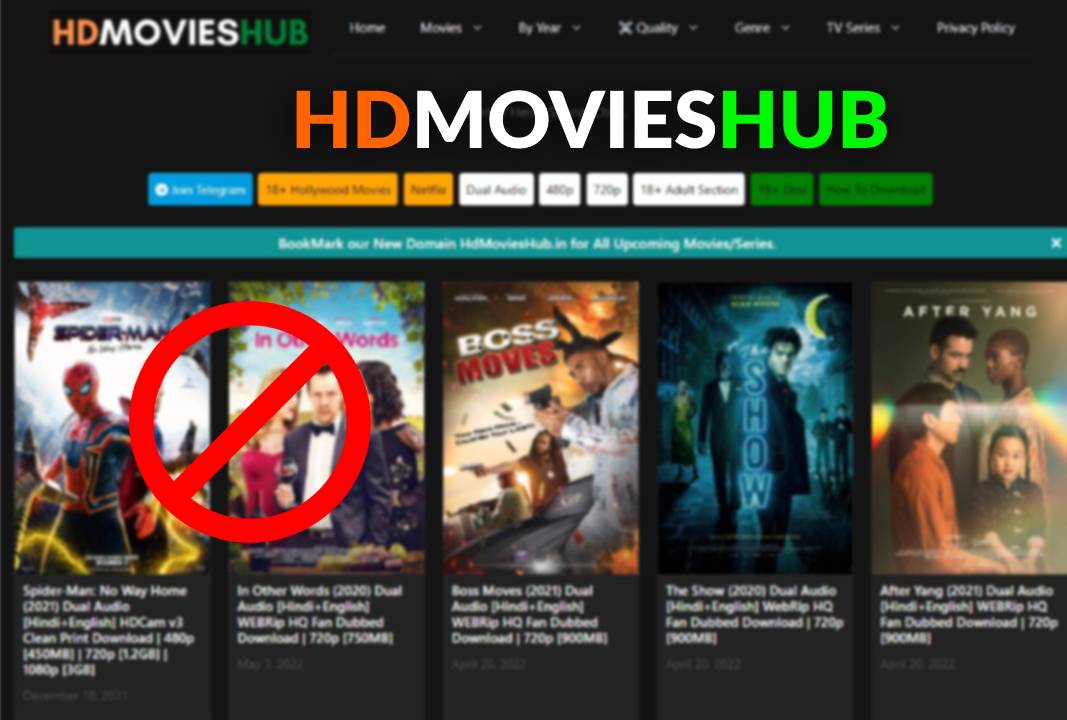Search Empty? Tips & Tricks For "No Results Found"
Ever stared blankly at a screen, confronted with the digital equivalent of a shrug? The modern online experience is often defined not by what we find, but by what we don't, and the phrases that announce that void have become surprisingly loaded linguistic artifacts.
The phrases "We did not find results for:" and "Check spelling or type a new query." are ubiquitous in the digital age. They are the digital equivalent of a shopkeeper telling you they don't have what you're looking for. But these simple phrases carry more weight than a simple statement of absence. They represent a failure a failure of the search engine to understand the user's intent, a failure of the user to articulate their needs effectively, or even a failure of the system to contain the information the user seeks. Linguistically, these sentences are deceptively simple. The first, "We did not find results for," is a declarative statement, a straightforward assertion of a negative outcome. The subject, "We," implies a collective entity, a faceless corporation speaking on behalf of its algorithms. The verb, "did not find," is a past-tense negation, indicating that a search action has been performed and has yielded nothing. The prepositional phrase "results for" connects the lack of findings to the user's query, subtly placing the onus on the user to refine their search.
The second phrase, "Check spelling or type a new query," is an imperative sentence, a direct instruction to the user. It suggests that the user is at fault, either for misspelling their search term or for formulating an inadequate query. The conjunction "or" presents two possible solutions, both of which place the burden of correction on the user. The phrase "Check spelling" is a straightforward directive, implying that the user's typographical skills are deficient. The phrase "type a new query" is more ambiguous, suggesting that the user's entire search strategy may be flawed. Together, these phrases constitute a subtle form of digital reprimand, a gentle nudge towards self-improvement in the art of online searching.
- Vegamovies Filmyzilla Hindi Dubbed Movie Guide Year More
- Vegamovies Your Ultimate Streaming Guide More Year
Consider the emotional impact of these phrases. When a user encounters "We did not find results for," they may feel frustrated, confused, or even inadequate. They may question their own knowledge, their ability to articulate their needs, or the reliability of the search engine itself. The phrase can trigger a sense of helplessness, a feeling of being lost in the vast expanse of the internet. The suggestion to "Check spelling or type a new query" can exacerbate these feelings, implying that the user is somehow responsible for their own failure. This is important in terms of User Experience (UX), the messages delivered, even when negative, should be designed to help the users.
From a computational linguistics perspective, these phrases represent a specific type of error message. They are designed to be informative and helpful, but they often fall short of this goal. The lack of specificity can be particularly frustrating for users who are unsure of how to improve their search. A more effective error message might provide specific suggestions for alternative search terms, or it might offer hints about the types of information that are available on the site. Some search engines are now incorporating more sophisticated error messages that provide personalized recommendations based on the user's search history and browsing behavior. These messages are designed to be more helpful and less judgmental, but they also raise concerns about privacy and data collection.
The frequency with which these phrases appear online is a testament to the inherent limitations of search engine technology. Despite the incredible advances in artificial intelligence and natural language processing, search engines are still unable to perfectly understand human intent. They rely on algorithms that match keywords and phrases, and they often struggle to interpret complex or ambiguous queries. This is particularly true for searches that involve slang, jargon, or culturally specific terms. The phrases "We did not find results for:" and "Check spelling or type a new query." are a constant reminder of this technological gap, a sign that the quest for perfect search is still ongoing.
- Anjali Arora Mms Controversy The Truth Behind The Viral Video
- Viral Kand The Latest Trends News Viral Content You Need To See
Beyond the technical aspects, these phrases also reflect a broader cultural trend towards instant gratification. In a world where information is readily available at our fingertips, we have come to expect immediate results. When we encounter a search failure, we may feel impatient and frustrated, unwilling to invest the time and effort required to refine our query. The phrases "We did not find results for:" and "Check spelling or type a new query." can be seen as a symptom of this impatience, a reflection of our desire for instant answers and effortless solutions.
Moreover, the wording choices themselves are revealing. The use of the passive voice ("We did not find results for:") subtly deflects responsibility. It's not that the search engine failed to find something, but rather that results were not found. This impersonal construction distances the search engine from any perceived inadequacy. Similarly, the suggestion to "Check spelling" implies a deficiency on the user's part, rather than acknowledging any potential limitations in the search engine's ability to handle variations in spelling or common typos.
The evolution of these error messages is also noteworthy. Early search engines often provided cryptic or unhelpful error messages, leaving users to fend for themselves. Over time, search engines have become more sophisticated in their error handling, providing more specific and helpful suggestions. However, the basic message remains the same: the search has failed, and it is up to the user to fix the problem. This reflects a fundamental power dynamic in the relationship between users and search engines. The search engine controls the flow of information, and the user is dependent on its ability to deliver relevant results.
One might argue that these phrases are simply a necessary evil, an unavoidable consequence of the complexity of online search. However, it is important to recognize the potential impact of these messages on user experience. By carefully crafting error messages that are both informative and empathetic, search engines can help to mitigate the frustration and confusion that users often feel when they encounter a search failure. This requires a shift in perspective, a move away from blaming the user and towards taking responsibility for the limitations of the search engine itself.
Consider the alternatives. Instead of simply stating "We did not find results for," a search engine could provide more specific information about why the search failed. For example, it could indicate that the search term is too broad, too narrow, or too ambiguous. It could also suggest alternative search terms that are more likely to yield relevant results. Similarly, instead of simply suggesting "Check spelling," a search engine could offer suggestions for possible misspellings or variations in spelling. This would require a more sophisticated understanding of language and a greater willingness to take responsibility for the user's search experience.
The implications extend beyond simple user frustration. For businesses and organizations that rely on online search to reach their target audience, these error messages can have a significant impact on their bottom line. If potential customers are unable to find what they are looking for, they may simply give up and go elsewhere. This is particularly true for small businesses that lack the resources to optimize their websites for search engines. By improving the accuracy and relevance of search results, search engines can help to level the playing field and ensure that all businesses have an equal opportunity to reach their target audience.
Furthermore, the language used in these error messages can have a subtle but powerful impact on public perception. By framing search failures as the user's fault, search engines can reinforce the idea that online searching is a skill that requires expertise and effort. This can discourage novice users from exploring the internet and can create a digital divide between those who are comfortable with online searching and those who are not. By adopting a more empathetic and user-friendly approach, search engines can help to make the internet more accessible to everyone.
In conclusion, the seemingly innocuous phrases "We did not find results for:" and "Check spelling or type a new query." are complex linguistic artifacts that reveal much about the nature of online search, the relationship between users and technology, and the cultural impact of the internet. By understanding the nuances of these phrases, we can gain a deeper appreciation for the challenges and opportunities of the digital age. The future of search lies not only in improving the accuracy and relevance of search results, but also in creating a more user-friendly and empathetic search experience. This requires a willingness to move beyond the limitations of current technology and to embrace a more human-centered approach to online search. Because, what we search in the web determines our future.
Consider a hypothetical individual deeply involved in the development of search engine algorithms and user interface design related to these very error messages. Let's call her Dr. Anya Sharma.
| Category | Details |
|---|---|
| Personal Information | |
| Full Name | Anya Sharma, PhD |
| Date of Birth | March 10, 1985 |
| Place of Birth | Mumbai, India |
| Nationality | Indian-American |
| Career Information | |
| Current Role | Lead Research Scientist, Algorithmic User Experience |
| Current Organization | GlobalTech Innovations |
| Previous Roles |
|
| Education |
|
| Professional Information & Expertise | |
| Expertise |
|
| Key Projects |
|
| Publications | Over 50 peer-reviewed publications in leading journals and conferences, including:
|
| Awards & Recognition |
|
| Website Reference | Google AI (Example) |
- Vegamovies Is It Safe The Ultimate Guide Alternatives
- Jameliz More Discover Trending Adult Content Online Now

HD Hub 4U Movie Your Ultimate Destination For High Quality Entertainment
HD Movies 4U Apps on Google Play

HDHub4U 2023 Your Ultimate Guide To Movies And Entertainment